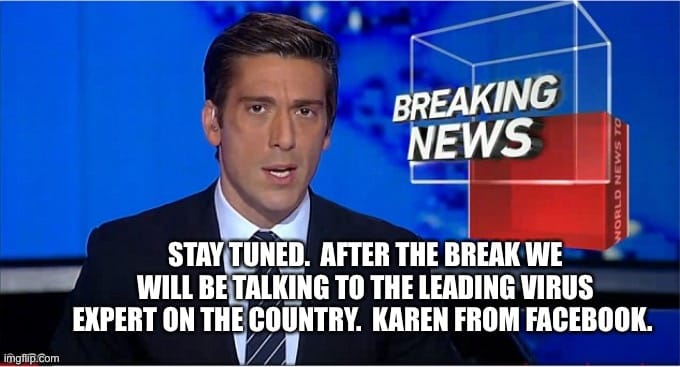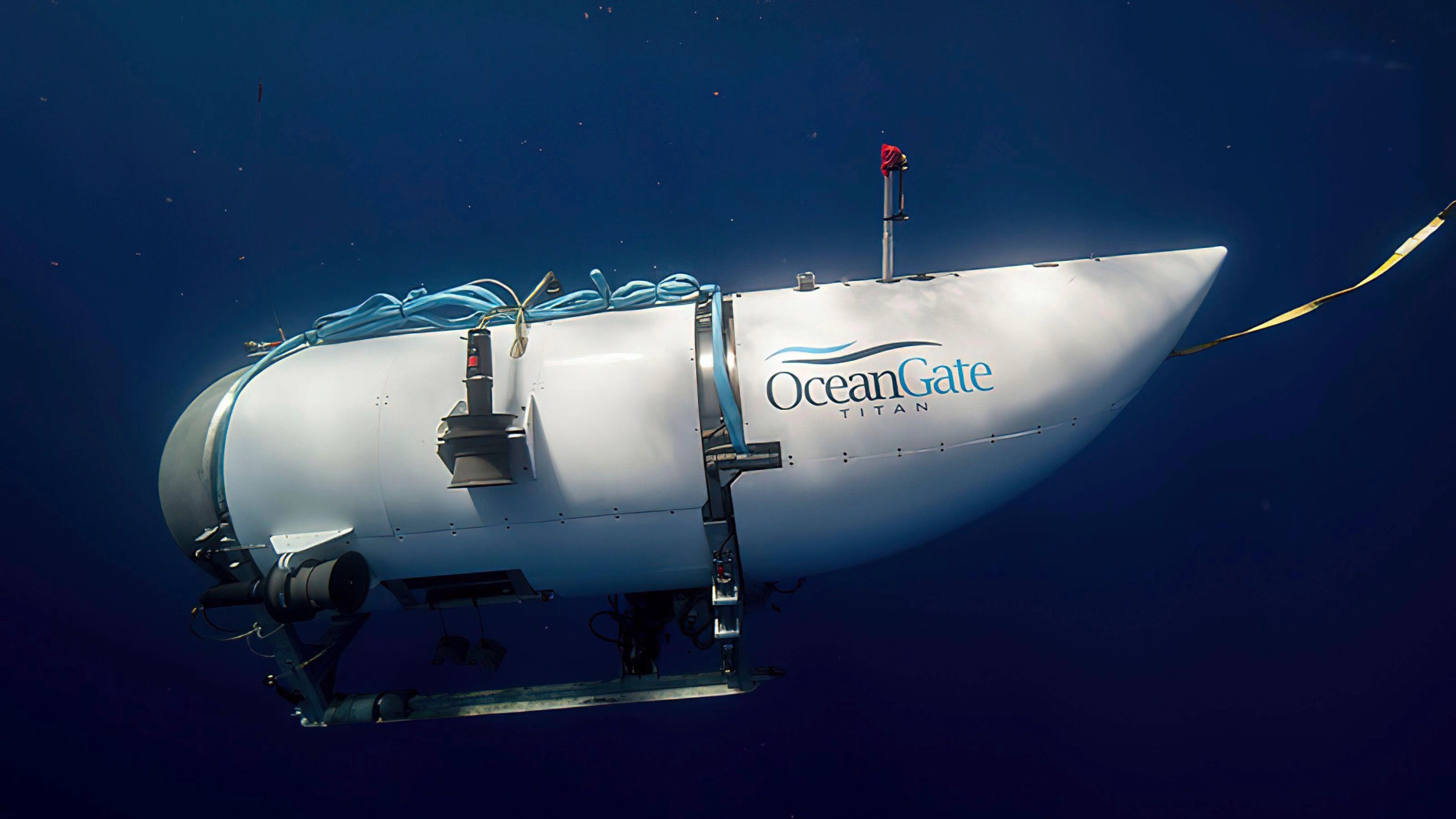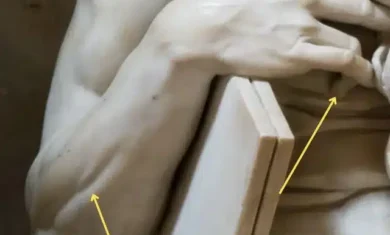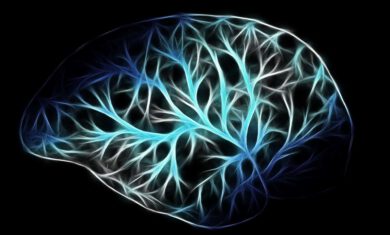When a news story starts taking attention of a large part of the country, like the recent implosion of the Titan sub or as COVID was sweeping the world, many people become “experts”, as shown in memes like this one:

It’s a tricky place to be. Most people indeed learned more about COVID as it happened, but we saw a lot of the Dunning-Kruger effect where people learned a little and thought that they knew a lot. As I shared a few years ago, the Dunning-Kruger effect is essentially:
… a cognitive bias stating that people with low ability at a task overestimate their own ability, and that people with high ability at a task underestimate their own ability.
The key, as I see it, is to learn what you can from the events, but remember how far you remain from being an expert. Curiosity helps.
The Titan
Using the recent implosion of the Titan submersible, I learned quite a lot about what happened. This may be old news for many of you, but for me it was brand new information:
- I now know that “1 atmosphere”, like we feel in the air around us, is roughly 14.7 PSI (pounds per square inch).
- At the depth of the Titanic, the pressure is around 400 atmospheres, or just shy of 6,000 PSI.
- I learned a lot by watching recent interviews with James Cameron. At first blush it seems like “celebrity pretending to know a lot”, but he’s one of the foremost experts on this in the world. He’s been to the wreck of the Titanic 33 times, and has been to the Challenger Deep, the deepest-know point on earth. The pressure there was roughly 16,000 PSI, and he did it in submersible that he helped to build.
I found the story of the Titan to be heartbreaking and fascinating, but I’m still like 0.01% of the way to being an any kind of expert on it.
COVID
The same happened with COVID for many of us, and I learned things such as:
- I learned about the amazingly long struggle that Katalin Karikó went through in developing mRNA vaccines for the past 30 years.
- I learned that with a paper mask it really matters which side goes out. You keep the blue side out because it can help repel moisture (which is how things like COVID-19 travel), and the white side in because it’s absorbent and will help you from spreading germs.
So yes, many people on social media indeed become better informed about how the world works during troubling times, but they do even better when they realize just how little they actually know.
The less you think you know, the better your odds of continuing to improve yourself.




